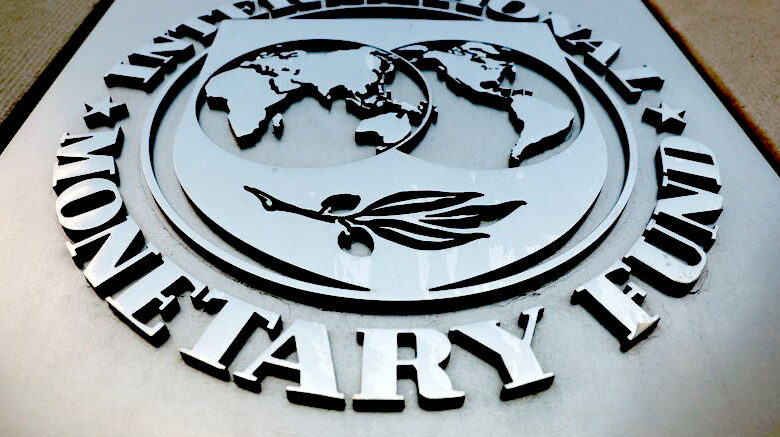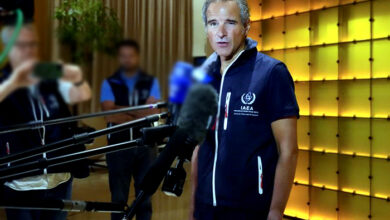Stock Market
Unveiling the ‘Bridgetown Initiative’: Demands at the Paris Financial Summit

In Paris this week, President Macron is hosting a summit to address the pressing need for reform within the world’s multilateral finance institutions. With the ever-increasing challenges posed by climate change and other development issues, the focus is on finding effective solutions.
A prominent group of developing countries, spearheaded by Barbados, has put forth a set of demands known as the ‘Bridgetown Initiative.’ These demands highlight crucial areas that require attention and action. Let’s delve into the key requests:
- Liquidity Support:
- Urgent transfer of $100 billion in ‘Special Drawing Rights’ (SDRs), a reserve currency, should be fast-tracked by United Nations member states. These funds will be channeled into programs promoting climate resilience and providing subsidized lending to low-income countries.
- The International Monetary Fund (IMF) should immediately suspend surcharges imposed on heavily indebted borrowing nations for a period of two to three years.
- Restoration of enhanced access limits, which were established during the COVID pandemic, for two emergency financial support mechanisms: the Rapid Credit Facility (RCF) and Rapid Financing Instruments.
- Debt Sustainability:
- G20 creditor countries should revamp the Common Framework governing debt restructuring for financially distressed poor nations. This includes expediting debt relief negotiations and extending access to middle-income countries.
- The IMF should actively encourage the restructuring of unsustainable debt in a consistent manner across countries. Additionally, the analysis of debt should be modified to incentivize investments that generate future savings, particularly for climate adaptation.
- Both public and private creditors should incorporate disaster clauses into lending agreements, enabling countries to redirect debt payments toward disaster relief. Furthermore, high-interest and short-term debt should be refinanced with credit guarantees and longer maturities.
- Private Capital:
- The IMF and multilateral development banks should provide $100 billion annually in currency risk guarantees. These guarantees will facilitate private sector investment in projects that assist developing countries in transitioning to a low-carbon economy.
- Concurrently, these institutions should expand their support to countries, aiding them in creating a pipeline of viable projects. Utilizing blended finance and similar structures, where public lenders assume more project risk, is also crucial.
- Development Lending:
- The G20 and other stakeholders of institutions like the World Bank, IMF, and other development banks should fully implement the 2022 recommendations put forth by a panel of experts. These recommendations aim to bolster lending by multilateral development banks.
- Commitment of an additional $100 billion annually in fresh capital to these institutions, with a swift transfer of Special Drawing Rights capital to multilateral development banks, starting with the African Development Bank by September 2023.
- Enhanced leveraging of the World Bank’s International Development Association, which provides concessional finance, along with full funding of its emergency support facility to $6 billion by the end of 2023. Scaling up the IDA’s funding to $279 billion is also necessary.
- Increased access limits to concessional finance through the Poverty Reduction and Growth Trust and the Resilience & Sustainability Trust.
- Eligibility for funding should be assessed considering a country’s vulnerability, with the provision of low-cost, 50-year loans to support investments in areas such as climate resilience, water security, pandemic preparedness, and renewable energy.
- Simplification and harmonization of loan application processes across the globe, accompanied by increased support throughout the process. Additionally, international financial institutions should finance development plans aimed at safeguarding shared resources.
- Trading:
- Collaboration between entities like the World Trade Organization and major trading partners is vital in strengthening supply chains for enhanced resilience. Ensuring that these supply chains benefit countries involved in raw material production and safeguarding the vulnerable is of utmost importance.





